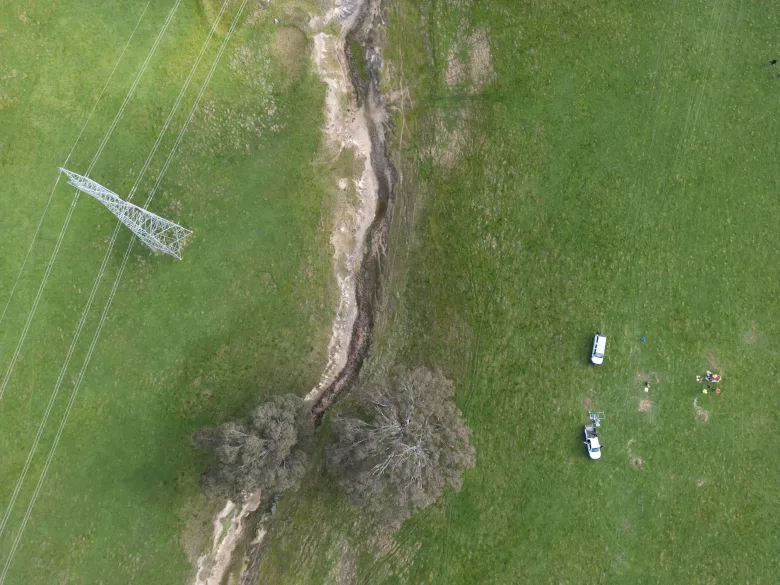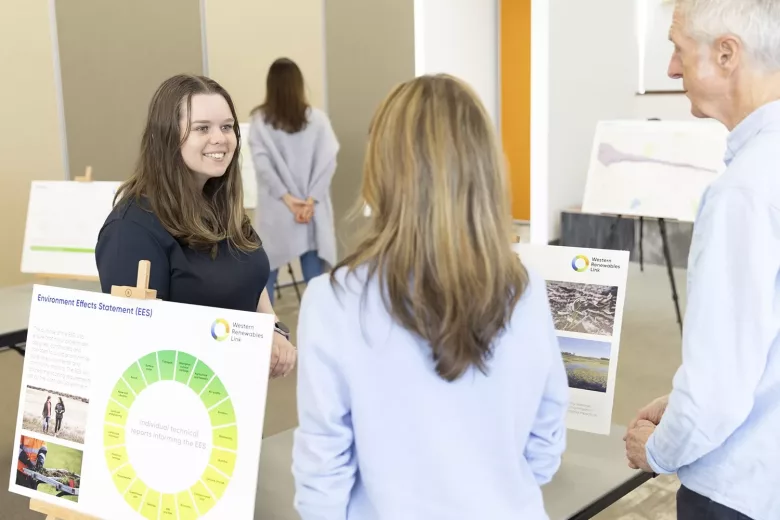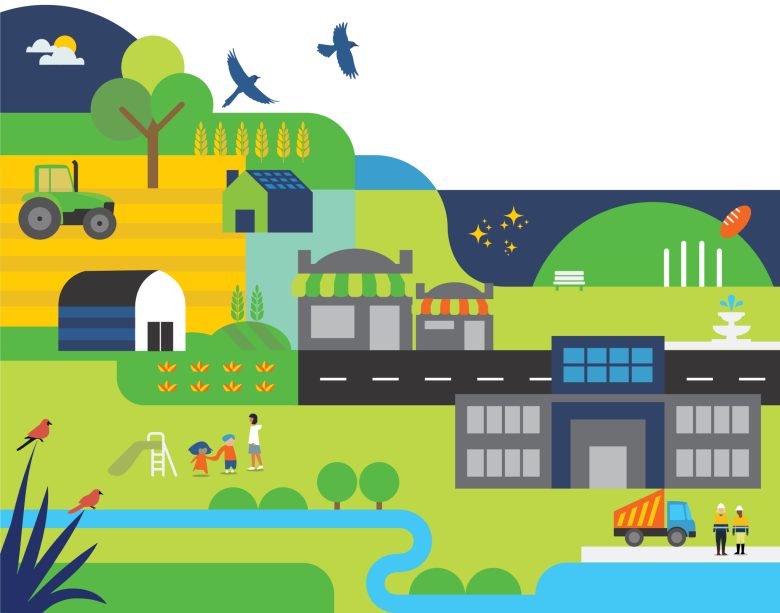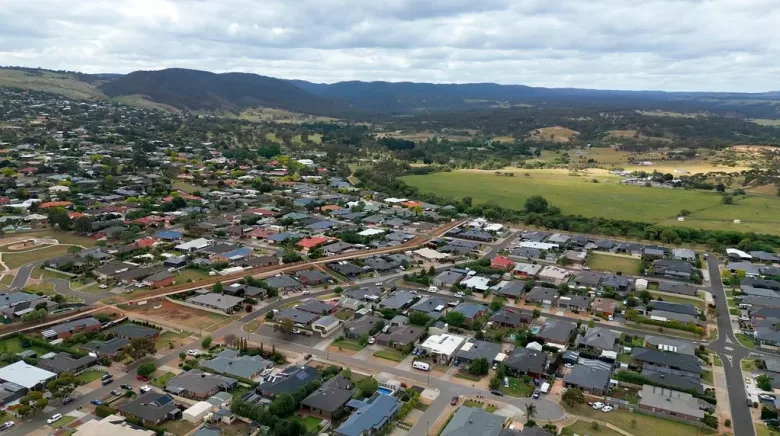We acknowledge and respect the Traditional Owners of Country.
Traditional Owners
We acknowledge the Wotjobaluk Nations, DJAARA (Dja Dja Wurrung), Eastern Maar, Wadawurrung and Wurundjeri Woi-wurrung Traditional Owners of the lands on which the proposed Western Renewables Link will operate and pays respect to their Elders past and present.
The Wotjobaluk, Jaadwa, Jadawadjali, Wergaia and Jupagulk Peoples are collectively referred to as the Wotjobaluk Nations and are represented by the Barengi Gadjin Land Council.
The Western Renewables Link (WRL) project, delivered by AusNet, is committed to genuine collaboration with Registered Aboriginal Parties, prioritising self-determination and First Nations leadership in the renewable energy transition through economic development, cultural heritage protection, and energy security initiatives.
We recognise the role of each Registered Aboriginal Party (RAP) in management, protection and promotion of cultural heritage in support of cultural awareness and land access on Country.
Informed by Traditional Owner knowledge: Aboriginal Cultural Heritage
Traditional Owners are key rights holders and play an essential role in shaping how the Western Renewables Link is planned, designed and delivered.
We are working in close partnership with Registered Aboriginal Parties (RAPs) and Traditional Owner groups to carry out field surveys and cultural heritage investigations along the proposed route. These studies help identify the presence, nature, and significance of Aboriginal Cultural Heritage and directly inform planning decisions.
This collaboration is a vital opportunity to embed Traditional Owner knowledge, values and perspectives into the project from the outset — helping to guide how infrastructure is delivered on Country in ways that protect and respect cultural heritage.
All cultural heritage assessments are undertaken jointly with the relevant RAPs, with findings contributing to both the project’s Environment Effects Statement (EES) and the development of Cultural Heritage Management Plans (CHMPs). These plans outline how cultural heritage will be managed and protected before, during and after construction.
Ongoing consultation enables decisions around cultural heritage management to be guided by those with deep, enduring connections to Country — recognising their rights, responsibilities and aspirations.
By partnering with each RAP, we are incorporating their knowledge, priorities, concerns and aspirations into project planning. This approach supports the protection of Country while identifying opportunities and benefits that align with the goals of Traditional Owners and their communities, helping to sustain cultural practices and spiritual values.
Our vision is that the transmission lines and associated infrastructure, once constructed and operational, will be located on Country that is well cared for and actively managed, so as to protect Aboriginal heritage values and promote the laws, culture and rights of each Traditional Owner group.
Traditional Owner Benefit Sharing
Traditional Owner groups have expressed their desire to self-determine the design of the benefit sharing agreement for the Registered Aboriginal Parties (RAPs) along the WRL alignment. Benefits will be developed in partnership and could involve initiatives such as workforce development programs, maximising procurement opportunities for Aboriginal businesses, renewable energy projects and vegetation management activities. These benefit-sharing arrangements will be in addition to ensuring procedural rights under Traditional Owner Settlement Agreements or Native Title Agreements are fulfilled and any further benefits delivered through broader project targets.
Learn more about the Traditional Owners
We encourage you to learn more about the Traditional Owners and their long and deep connection to Country by visiting the websites of the Registered Aboriginal Parties across the project area:



